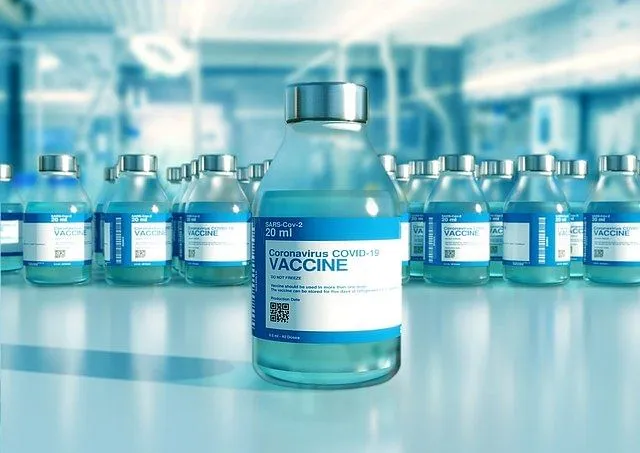In a significant development towards developing a vaccine for the coronavirus, an American biotechnology company on Monday said its initial vaccine tests in people have shown promising results and can stimulate an immune response against the virus.
Moderna said that the first coronavirus vaccine to be tested in people appeared to be safe, according to a report in The New York Times.
It said the findings are based on results from the first eight healthy volunteers who each received two doses of the vaccine, starting in March.
The people who received the doses “made antibodies that were then tested in human cells in the lab, and were able to stop the virus from replicating — the key requirement for an effective vaccine.”
Further, the levels of those so-called neutralising antibodies matched the levels found in patients who had recovered after contracting the virus in the community.
Moderna has said it is proceeding on an accelerated timetable, with the second phase involving 600 people to begin soon, and a third phase to begin in July involving thousands of healthy people.
The Food and Drug Administration gave Moderna the go-ahead for the second phase earlier this month as the US was ravaged by the virus pandemic.
Globally, 4.7 million people have been infected by the virus and over 315,000 have died.
The NYT report added that if the trials go well, a vaccine could become available for widespread use by the end of this year or early 2021.
Moderna’s chief medical officer Dr Tal Zaks said in an interview that the company is doing its best to make as many millions of doses as possible.
The company tested three doses of the vaccine -low, medium and high. The initial results are based on tests of the low and medium doses. The only adverse effect at those doses was redness and soreness in one patient’s arm where the shot was given. At the highest dose, three patients had fever, muscles and headaches and the symptoms went away after a day, Zaks said. The report said that the high dose is being eliminated from future studies, not so much because of the side effects, but because the lower doses appeared to work so well that the high dose is not needed.
“The lower the dose, the more vaccines we’ll be able to make,” Zaks said.






